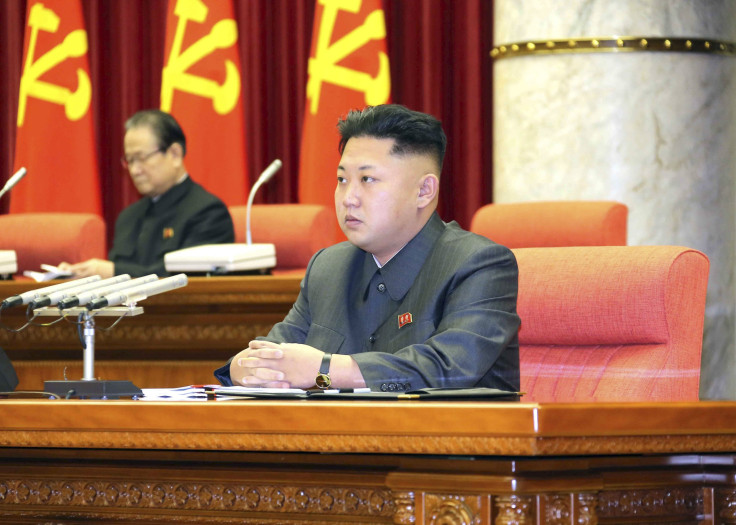Kim Jong Un Is 'Re-Elected' As North Korea's Top Leader

“Election” season in North Korea has come and gone in the blink of an eye: North Korea's parliament has decided to “re-elect” Kim Jong Un as the country’s top leader.
After the unexpected death of former leader Kim Jong Il in December 2011, his now 31-year old son Kim Jong Un was immediately chosen to be his replacement. Last Wednesday, however, marked Kim’s official election to his position, a process that has very little resemblance to democratic procedures, and is mostly a formality. State media outlet Korean Central News Agency announced that the decision was made during a recent parliamentary session.
Though the Democratic People's Republic of Korea is a totalitarian, single-party government, it still goes through the motions of democratic processes, holding leadership elections roughly every five years and annual parliamentary sessions to rubber-stamp budgets or other decisions.
Kim was reinstated as the first chairman of the National Defense Commission in a meeting by parliament in what state media calls a show of “absolute support and trust of all service personnel and people in him.” His re-election as the head of the National Defense Commission consolidates Kim’s power in the heavily militarized state.
The new parliament, which was largely selected by Kim, will serve as the voting body to endorse people in North Korea’s various other leadership roles, likely weeding out people left from the faction of Kim's uncle Jang Song Thaek, who was executed last year, accused of leading a seditious cabal.
“All the deputies and participants in the session broke into stormy cheers of ‘hurrah!’ extending the highest glory and warmest congratulations to him,” KCNA reported.
The parliamentary meeting marks the first congregation of top leaders following the surprising purge and execution of Jang, and will likely lead to a reshuffle of top personnel. During Tuesday’s session, Kim led the Workers’ Party of Korea’s ruling Politburo in a discussion of “reinforcing” the organization.
According to a report by the South China Morning Post, rumored changes include the promotion of senior military officials, like Defense Minister Jang Jong Ham and Chief of General Staff Ri Yong Gil, to replace the late Jang, who was vice-chairman of the National Defense Commission, a position considered second only to that of the supreme leader and his associate, former police chief Ri Myong Su.
Kim’s victory in parliament is hardly a surprise considering his past election records. Just last month, Kim won another “election” for a position in the Supreme People’s Assembly, with 100 percent of his district’s votes, in yet another virtually meaningless voting process. Elections for other personnel in the parliament also tend to go uncontested.
Kim holds several leading titles including first secretary of the Workers’ Party of Korea, as well as supreme commander of the Korean People’s Army.
© Copyright IBTimes 2024. All rights reserved.












